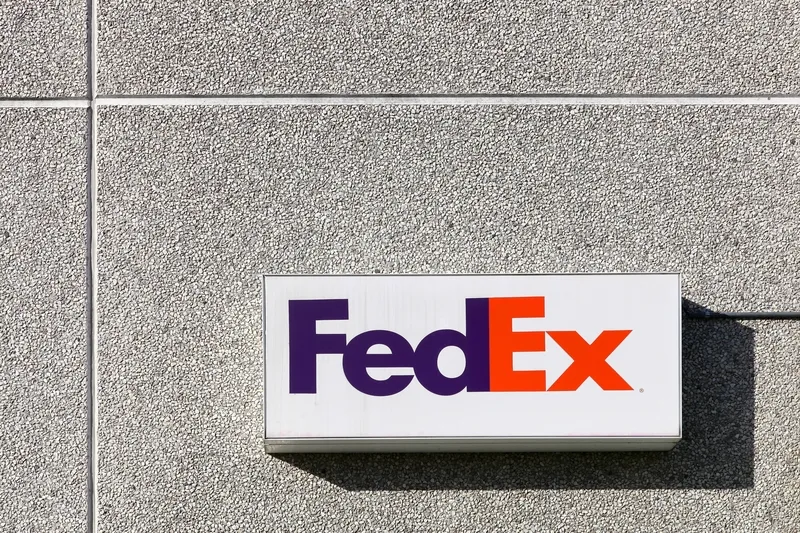
Autonomous trucks have begun making a regular 500-mile round-trip in Texas to deliver FedEx parcels.
The commercial pilot is part of an agreement between autonomous vehicle (AV) specialist Aurora, truck manufacturer Paccar, and courier FedEx.
A safety driver will be in vehicles as they travel between Dallas and Houston along the I-45 corridor.
“The foundation for commercialising self-driving trucks at scale lies in partnership with industry leaders,” said Sterling Anderson, co-founder at Aurora.
"Together, we’ll leverage our collective expertise in trucking, autonomy and logistics to improve the safety and efficiency of commercial line-haul transportation operations," says Aurora in a statement.
"This industry-first collaboration is born out of mutual trust and respect with industry leaders that share our vision to transform transportation and realise the benefits of self-driving technology," it continues.
"With Paccar’s autonomous vehicle platform, we’re creating a deeply integrated self-driving truck with a manufacturer that delivers hundreds of thousands of Class 8 trucks a year. And now, through this pilot, we’re extending that partnership to a key customer, FedEx, to integrate those trucks into its massive network, which delivers billions of packages each year."
At the end of 2023, Aurora plans to launch its trucking business and haul loads autonomously between terminals "without a safety driver".
Rebecca Yeung, FedEx VP, advanced technology and innovation, says the partnership will enhance logistics "through safer, more efficient transportation of goods".
“The speed and quality of progress we’re making with Aurora to develop self-driving trucks is impressive," says John Rich, CTO of Paccar, adding that it was "an important step toward delivering these trucks at scale".








